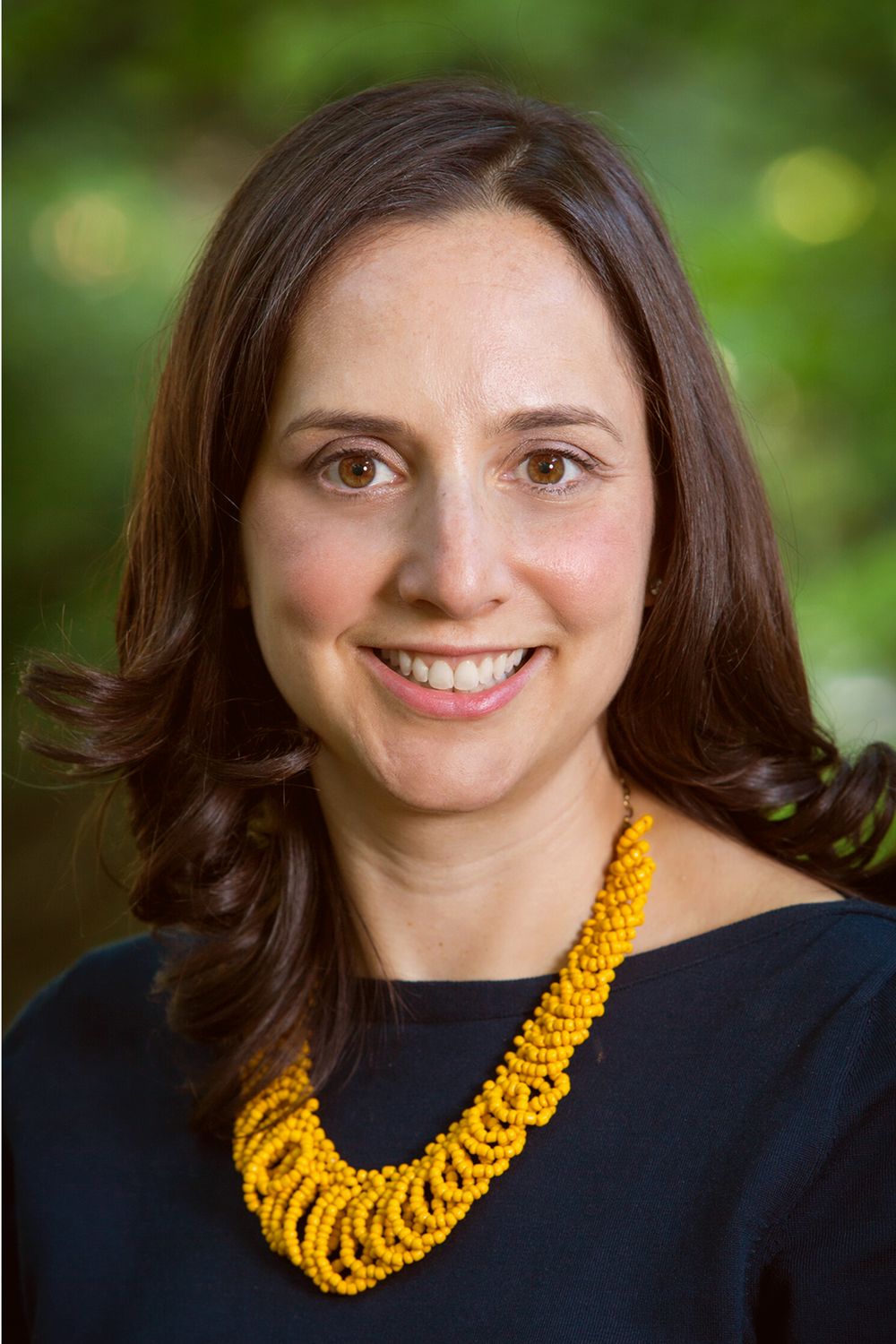Amplifying the Voices of Transgender and Nonbinary Youth

Amplifying the Voices of Transgender and Nonbinary Youth
BU Wheelock researchers hope their study informs research and policy decisions around gender-diverse students
Photo: iStock

In December 2020 Melissa Holt and Jennifer Greif Green launched Project AVANT (Advancing Voices of Adolescents Identifying as Nonbinary and Transgender), one of the first national, longitudinal studies that surveys transgender and nonbinary youth from 44 states to learn about their experiences and needs. Their initial goal was to retain the participants for two surveys across a six-month period, asking them questions about how they identify, about their mental health and well-being, and about their experiences with bullying and bias-based harassment. In light of enthusiastic response rates to the first two surveys and moves by dozens of states to roll back the rights of gender-diverse students, Holt and Green have launched five more survey cycles for previous participants with new questions about the effect such legislation has on young people.
Holt, an associate professor of counseling psychology and director of Kilachand Honors College, and Green, a professor of special education, weren’t surprised to find that rates of mental health distress were high among survey respondents—about 70 percent reported anxiety and more than half reported depression. They were surprised by mental health differences between gender identity subgroups. “Relative to adolescents assigned male at birth, transgender males and nonbinary assigned female at birth adolescents reported more depression, nonsuicidal self-injury, and post-traumatic stress disorder relative to the other participants in the study,” Holt says.
Relative to adolescents assigned male at birth, transgender males and nonbinary assigned female at birth adolescents reported more depression, nonsuicidal self-injury, and post-traumatic stress disorder.
Their surveys also asked about protective factors against mental health distress—school connectedness was one of the biggest. Participants mentioned benefiting from the presence of gender-neutral bathrooms in school or the ability to change their name in the administrative system to reflect their gender identity—precisely the type of support many states are moving to eliminate.

Holt and Green have applied for a larger grant to expand the study and send more surveys, which they hope will allow them to continue checking in with participants as they grow up. “We’ve felt motivated to be able to understand their experiences as they go across some pretty important developmental periods— particularly that transition into adulthood and the [newfound] agency to make some choices they didn’t have when they were minors,” says Holt. The researchers also hope that the study amplifies the voices of transgender and nonbinary youth in research and policy decisions. Holt adds, “We want to elevate their recommendations for improvements in their schools, in their homes, and in communities.”
Comments & Discussion
Boston University moderates comments to facilitate an informed, substantive, civil conversation. Abusive, profane, self-promotional, misleading, incoherent or off-topic comments will be rejected. Moderators are staffed during regular business hours (EST) and can only accept comments written in English. Statistics or facts must include a citation or a link to the citation.